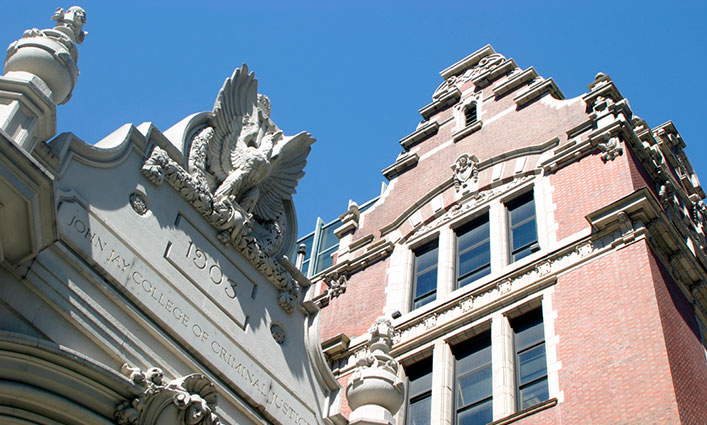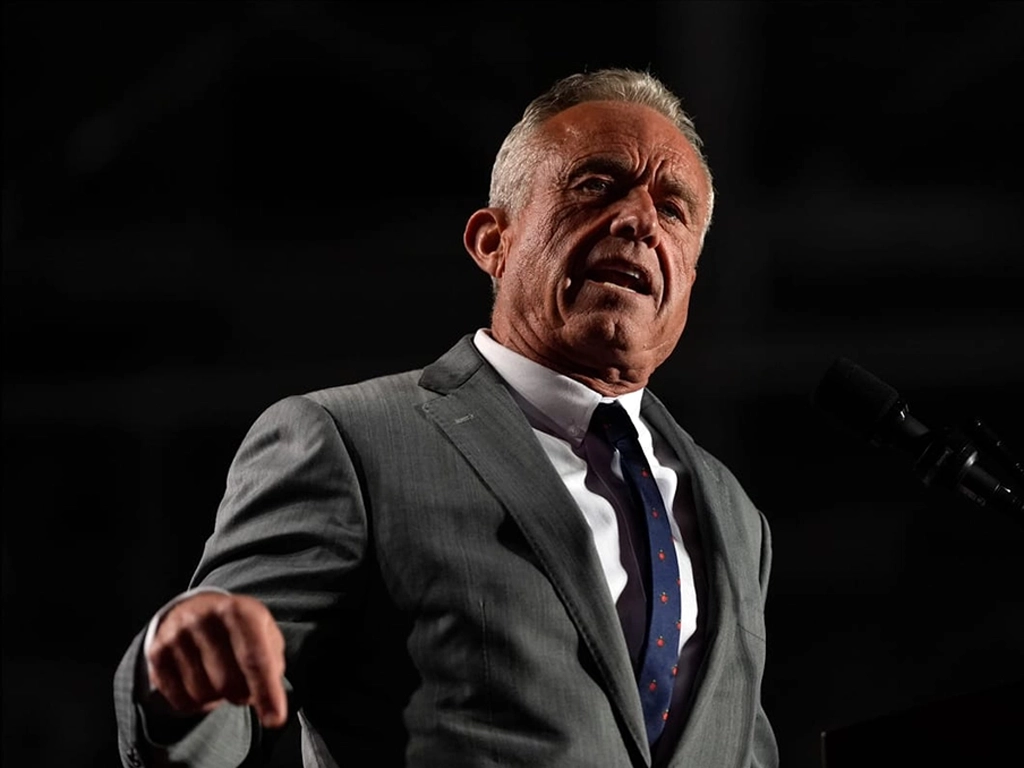News
Kathyrn Loeb Reviews “Capital City: Gentrification and the Real Estate State”
Loes reviews Samuel Stein’s (2019) book, which uses New York City as a case study for gentrification and urban development.
Professor Ian Seda-Irizarry: “Redefining the political in colonial Puerto Rico”
The struggle for life is taking new and interesting twists in Puerto Rico. The last few months have seen an escalation in the confrontation between those that want to preserve the status quo and those that wanted to explore alternative roads with the November 5th election.
Professor J.W. Mason: “Democrats Lost on the Economy. What Voters Felt That the Politicians Missed.”
While wages have outpaced inflation, the end of pandemic-era welfare policies has left many feeling financially worse off. Voters’ concerns aren’t just “vibes”—they reflect real material changes in their economic well-being.
Professor Christian Parenti: “Why RFK Must Take on the CIA”
Robert F. Kennedy emphasized physical courage as a stepping stone to the greater challenge of moral courage. If confirmed, his son will need both to take on powerful industries and institutions in his quest to “Make America Healthy Again.”
Professor Lygia Sabbag-Fares presents on “Capitalismo Dependente E Gênero”
Lygia Sabbag-Fares participates in a panel on ” Value Theory and Social Reproduction of Capital”





